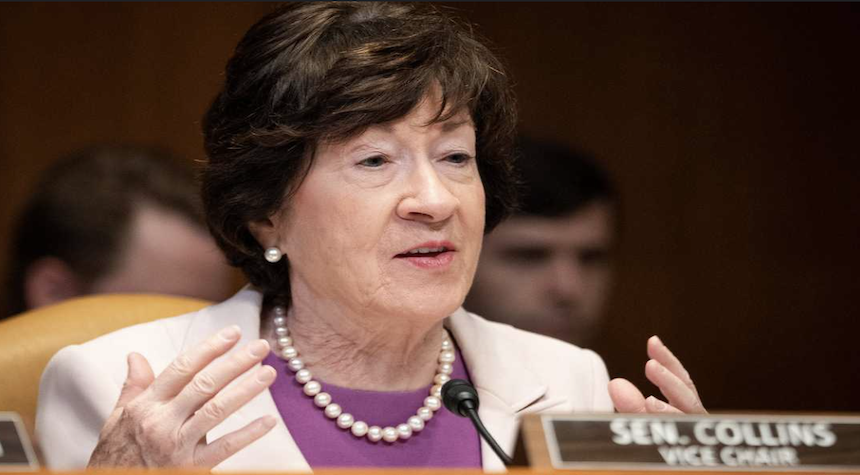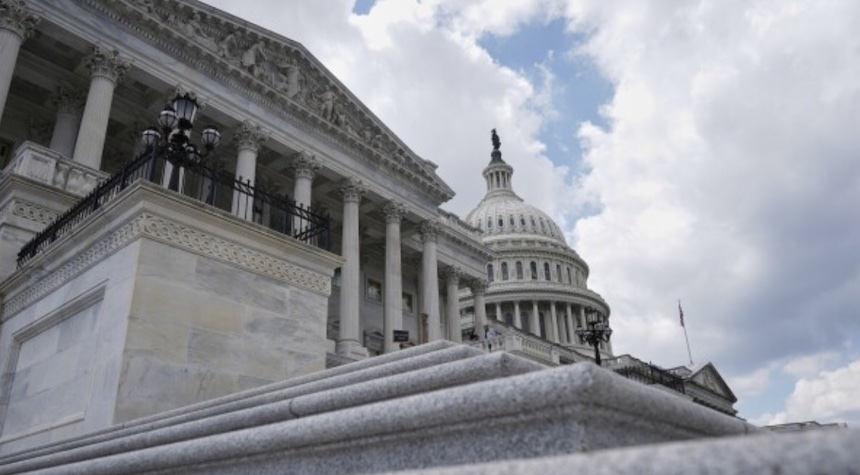Senate Republicans are currently grappling with President Donald Trump’s proposal to rescind $9.4 billion in previously approved federal spending. This development comes as a crucial vote on the matter approaches later this week.
The President is seeking to retract $1.1 billion from the Corporation for Public Broadcasting and approximately $8.3 billion from various foreign aid programs. These programs are designed to combat famine and disease while promoting global stability. Congress faces a Friday deadline to pass legislation supporting these cuts, or the original spending will remain in place.
Senate Majority Leader John Thune of South Dakota has indicated that some Republican senators are advocating for “modest changes” to the proposed cuts. The administration will need near-unanimous GOP support to secure passage, but concerns have been raised about the extent of reductions to public media and the PEPFAR global health initiative, a program established under President George W. Bush that has been credited with saving millions of lives.

To understand this fully, we should note that the White House is actively engaging with potential holdouts. Reports indicate that Senator Mike Rounds of South Dakota has pledged his support after negotiations to reallocate funds from the Green New Deal to tribal radio stations. However, Senator Susan Collins of Maine, who chairs the Senate Appropriations Committee, continues to express reservations about cuts to global health programs.

Democrats are expected to present a united front against the package. They argue that it undermines the appropriations process and warn of difficulties in future bipartisan budget negotiations if Republicans unilaterally alter agreed-upon spending measures.
If the Senate takes up the bill, it could lead to extensive debate and numerous amendments in a process known as a “vote-a-rama.” The House has already narrowly approved the President’s request, but any Senate modifications would necessitate another House vote.
This raises important questions about the balance of power between the legislative and executive branches, the future of public broadcasting in America, and the United States’ commitment to global health and stability initiatives.


